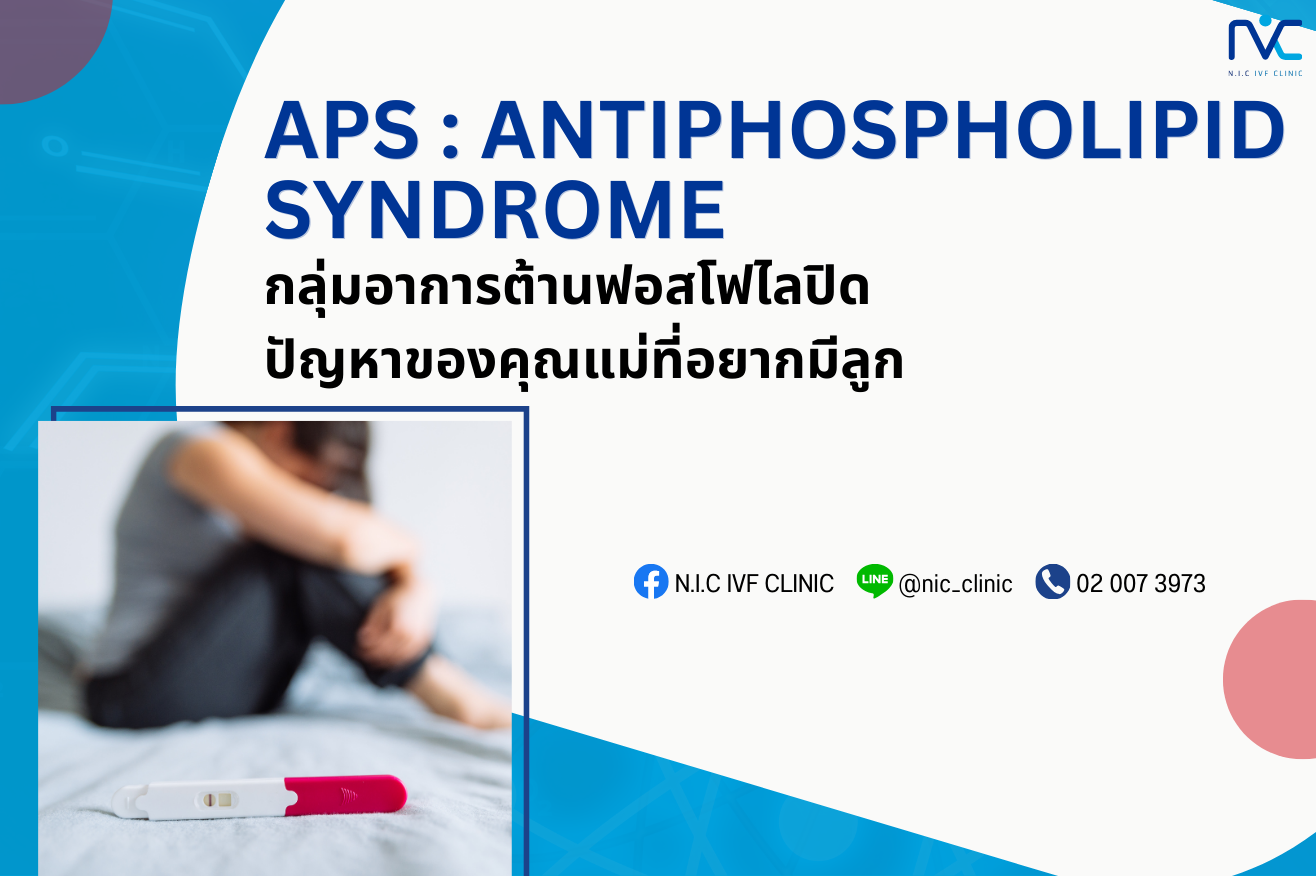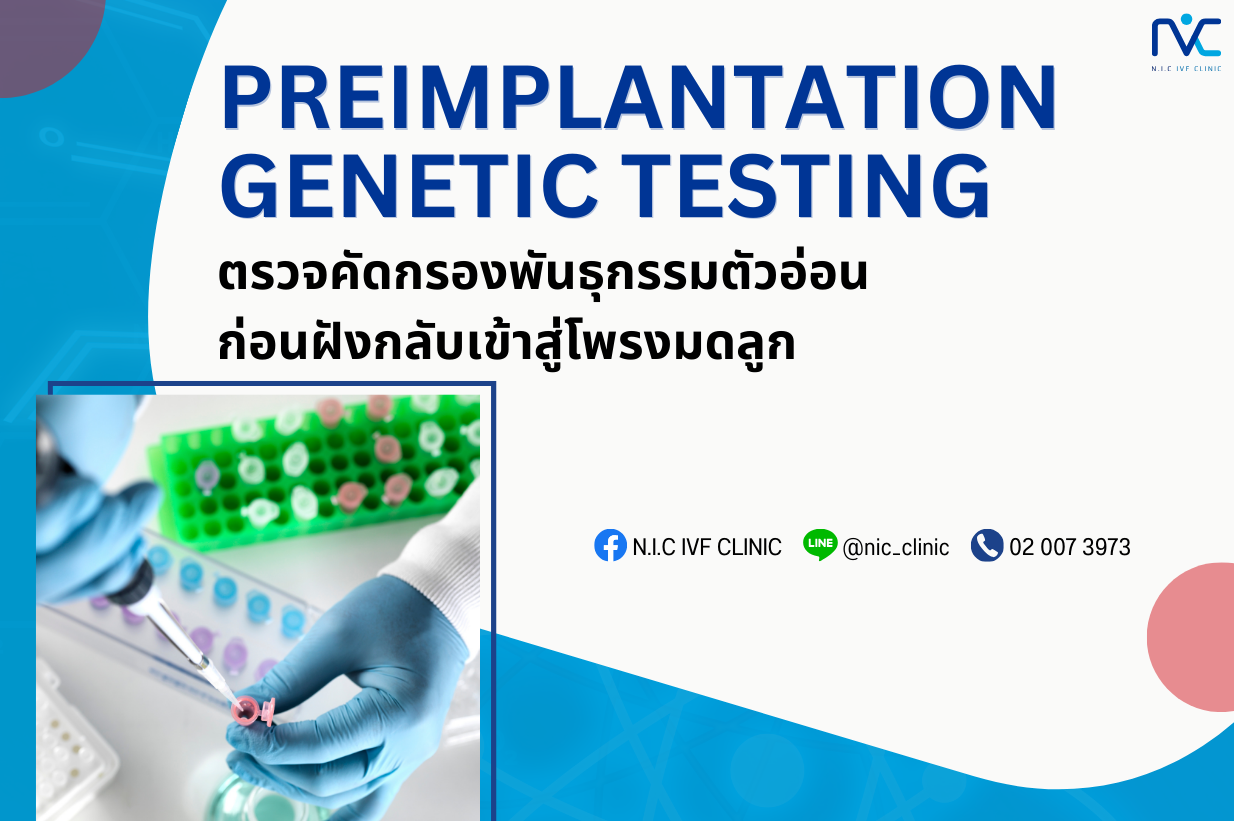NEWS & KNOWLEDGE
Technology for selecting embryos before implantation
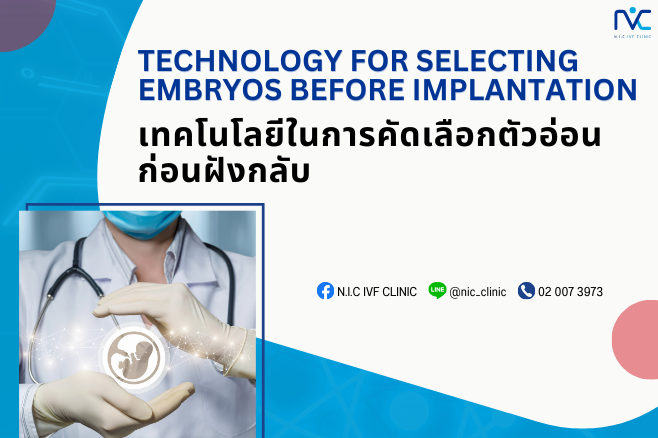
Technology for embryo selection Couples who come to consult about infertility, aside from wanting to have children, they often have further questions: “Will the child be completely normal? Is there any technology that will help select to have normal offspring?” Currently, we have many technologies for selecting embryos, but the most commonly used technologies are 2 technologies:
Embryoscope
Embryo incubator with camera installed and an imaging system using Time - lapse system technology. The system determines the time period using an Embryoscope camera to capture moving images of the embryo to help scientists monitor the division and development of the embryo. This makes the selection of embryos for implantation more efficient. Because the growth of the embryo changes all the time. Evaluating the embryo for only one period of time cannot tell whether the embryo is truly healthy. Appearance that looks good cannot 100% tell the strength of the inside of the embryo. This technology has come in to help assess the quality of the embryo better and more thoroughly.
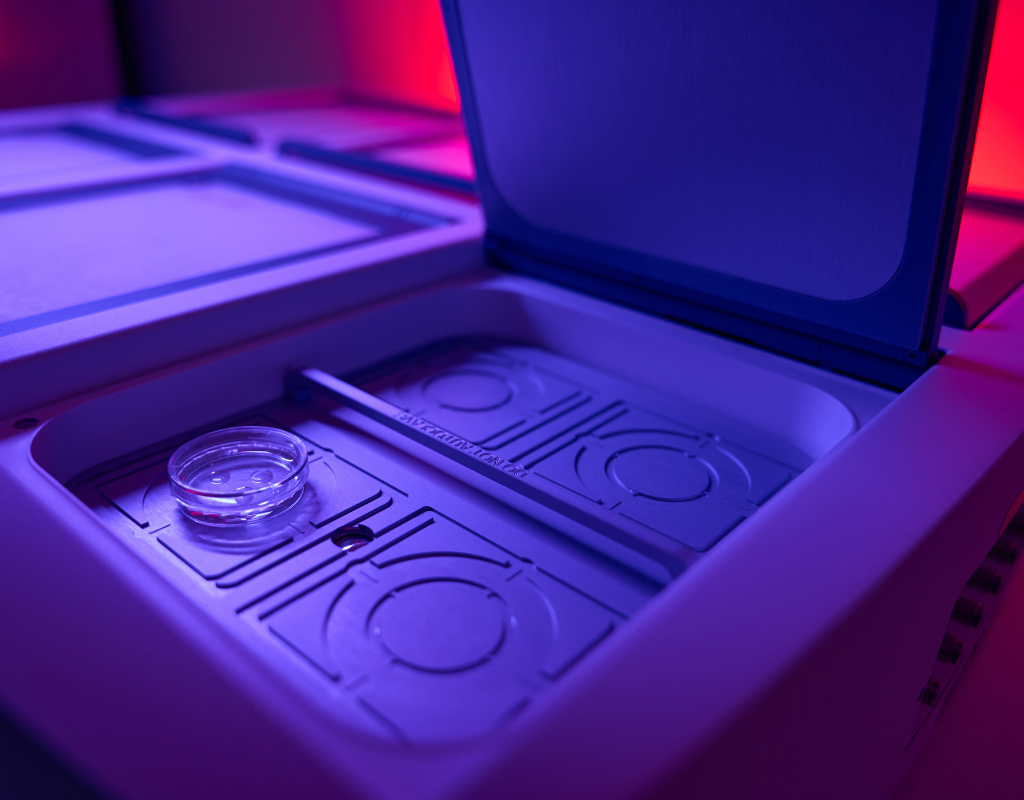
Preimplantation Genetic Testing
Technology for genetic testing of embryos before implantation has developed greatly. Preimplantation genetic testing (PGT) was originally developed in the 1980s using the polymerase chain reaction (PCR) to amplify genetic material in diseases transmitted through sex chromosomes. Due to technical limitations, the test could only detect the sex of the embryo and could not specifically identify abnormal genes or chromosomal abnormalities. Therefore, embryos of the sex not affected by the disease, or embryos that were only carriers with mild or no clinical manifestations, were selected for transfer. This resulted in the loss of embryos of the opposite sex, which might have developed severe disease or might have been completely normal, without knowing the true genetic status of each embryo.
Therefore, it became necessary to develop techniques that can specifically detect both embryo sex and genetic abnormalities, including chromosomal abnormalities. Currently, preimplantation genetic testing technology has continued to advance, with improvements in DNA amplification and testing accuracy. Modern techniques include Comparative Genomic Hybridization (CGH), Next-Generation Sequencing (NGS), real-time PCR, and karyomapping.
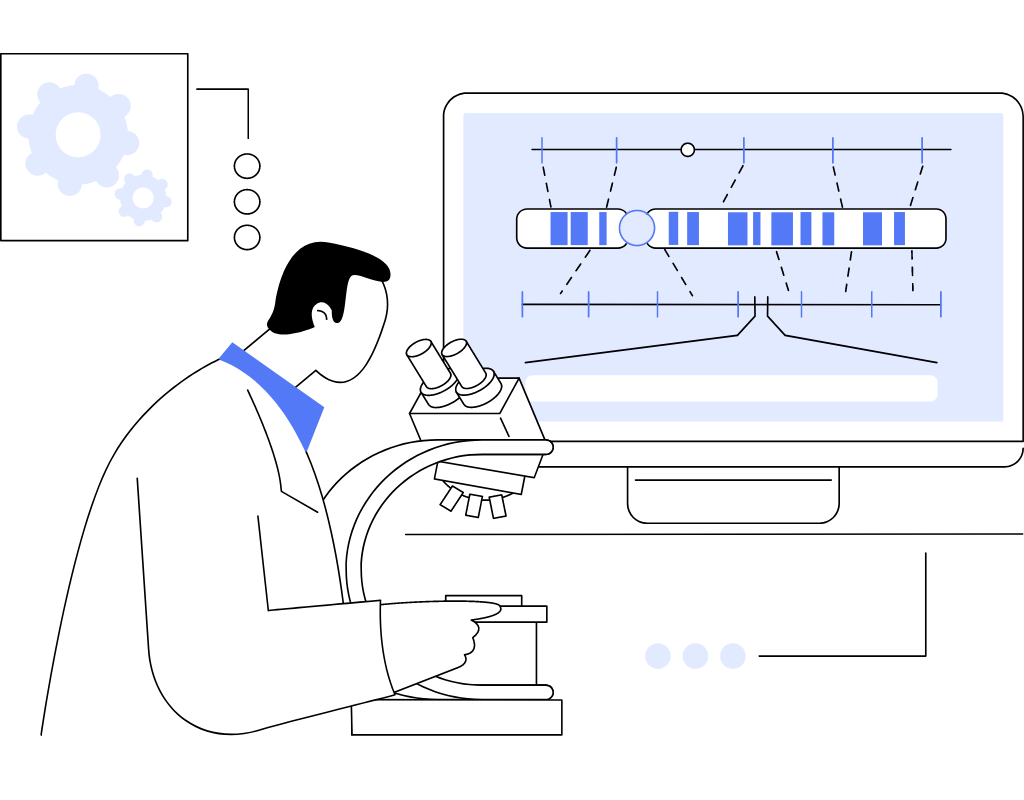
Currently, preimplantation genetic testing is widely used to evaluate embryos before implantation. This examination commonly employs Next-Generation Sequencing (NGS), a technique that analyzes all 24 chromosomes of the embryo, resulting in more accurate embryo selection. This increased accuracy helps improve pregnancy rates and can reduce the risk of miscarriage by up to 50%.
At present, embryo genetic testing is typically performed on blastocyst-stage embryos (Day 5 embryos after egg retrieval) because they provide a sufficient amount of genetic material for analysis and the biopsy procedure has minimal impact on subsequent embryo development.
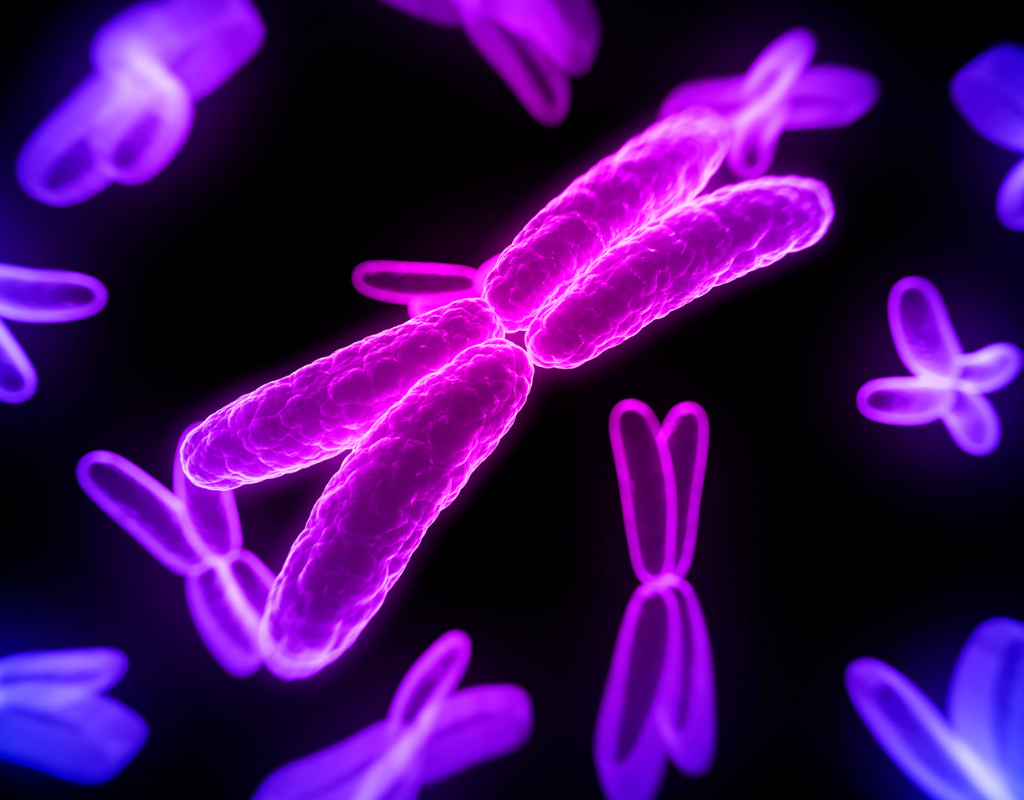
Who Should Consider Preimplantation Genetic Testing (PGT)
-
Women aged 35 or older: Older maternal age can increase the risk of genetic abnormalities in embryos.
-
Repeated IVF failures: If good-quality embryos have been transferred multiple times without a successful pregnancy.
-
Known or suspected genetic conditions in parents: If either parent carries a genetic disorder that could be passed on to the child.
-
History of pregnancy loss or abnormal births: Previous miscarriages, stillbirths, or babies born with syndromes, even when standard chromosome tests were normal.
-
Previous pregnancies with serious genetic disorders: Conditions that might be preventable with embryo genetic testing.
-
Recurrent miscarriage: Two or more miscarriages before 12 weeks, especially if caused by chromosomal problems in the embryo.
By Assoc.Prof. Matchuporn Sukprasert

